
Human rights defenders and journalists are desperate for change in Mexico. Human rights and freedom of expression have been under attack for years. Even worse, the Mexican government has done very little to protect its citizens against violence across the country. The Federal Mechanism of Human Rights Defenders and Journalists, that is supposed to protect defenders and journalists, is weak , underfunded, and in serious need of strengthening. We need a broader dialogue going beyond just the mechanism, and the Espacio OSC (Space for Civil Society Organizations for the Protection of Human Rights Defenders and Journalists/Espacio Para la Protección de Personas Defensoras y Periodistas) has started just that. Espacio OSC, comprised of 13 Mexican national organizations, recently released a report detailing what next steps must be taken by the Mexican government and institutions to establish a comprehensive policy framework and improve protection mechanisms for human rights defenders and journalists in danger. The report featured four major points for the Mexican government and agencies to include in stronger policies to keep human rights defenders and journalists safe, as the Federal Mechanism is currently failing to address these needs. It calls for prevention, protection, investigation, and reparation/ guarantees of non-repetition as key measures to implement in future policy, as well as sufficient funding for implementation and a longer-term dialogue with civil society around improved protections.

One of the organizations that form the Espacio OSC and coauthored the report is our coalition partner, SERAPAZ A.C., Servicios y Asesoría para la Paz A.C. LAWG had the privilege of accompanying them on their recent delegation to Washington D.C to promote the report. We joined them in meetings all across the city with the State Department, members of Congress including Representative Raúl Grijalva (D-AZ), and fellow NGOs. We were proud to have stood beside them in their work to bring attention to the dangerous reality that human rights defenders and journalists face in Mexico.

SERAPAZ, an independent Mexican non-profit organization that provides services for peace, justice, and dignity, looks to “favor the positive transformation of conflicts and contribute to the strengthening and training of social actors with a comprehensive, far-reaching, alternative approach based on values of respect, solidarity, justice and peace.” They regularly accompany families of the disappeared, Indigenous leaders, and human rights defenders across Mexico, like Mario Luna Romero of the Yaqui tribe in Vícam, Sonora, Mexico. Romero also formed part of the delegation, and serves as a spokesperson and community organizer for the tribe. He shared his testimony on his personal experiences defending the rights of the Yaqui tribe while in Washington D.C. with SERAPAZ.

For years, Romero has worked to protect the tribe’s access to the Yaqui river in the face of construction for the Independence Aqueduct that was diverting the river away from the Yaqui people. In the fight to protect the tribe’s rights to its land and access to water, Romero, along with many other community members, was criminalized. He and his family were targeted for simply defending the Yaqui people’s rights, and he spent a year in prison in 2014-2015. Since then, he has continued to advocate for his community and spread awareness not only of the injustices occurring within the region, but of what happens to the defenders who defend their rights. As an environmental defender who was criminalized for his work despite being a beneficiary of the Federal Protection Mechanism protection measures and Inter-American Commission on Human Rights (IACHR) precautionary measures, his testimony humanized the report’s points even further. We will continue to uplift and give visibility to Romero in his campaigns and struggles. You can follow Mario Luna Romero on Facebook and Twitter for updates on where his advocacy takes him.
Now, more than ever, it is key to defend the defenders, especially those like Indigenous leader Mario Luna Romero, who are on the frontlines of protecting the environment and advocating for their community’s rights to water and territory. It is imperative that we continue to call on the United States and Mexican governments to address the attacks against human rights defenders and journalists. Mexico was the second most dangerous country in the world for human rights defenders out of 35 countries surveyed by Front Line Defenders and the world’s most dangerous country for the media for the third year in a row in 2021 as shared by Reporters Without Borders. As an organization, we strive to uphold justice and defend the defenders, as well as advance land, economic, and environmental rights. LAWG will continue to stand in solidarity in support of Indigenous people and defenders whose cultural practices and connection to ancestral lands are being threatened in favor of exploitative projects from private companies. We will not stay quiet against the consistent and horrific dehumanization of Indigenous communities in Mexico and across Latin America.










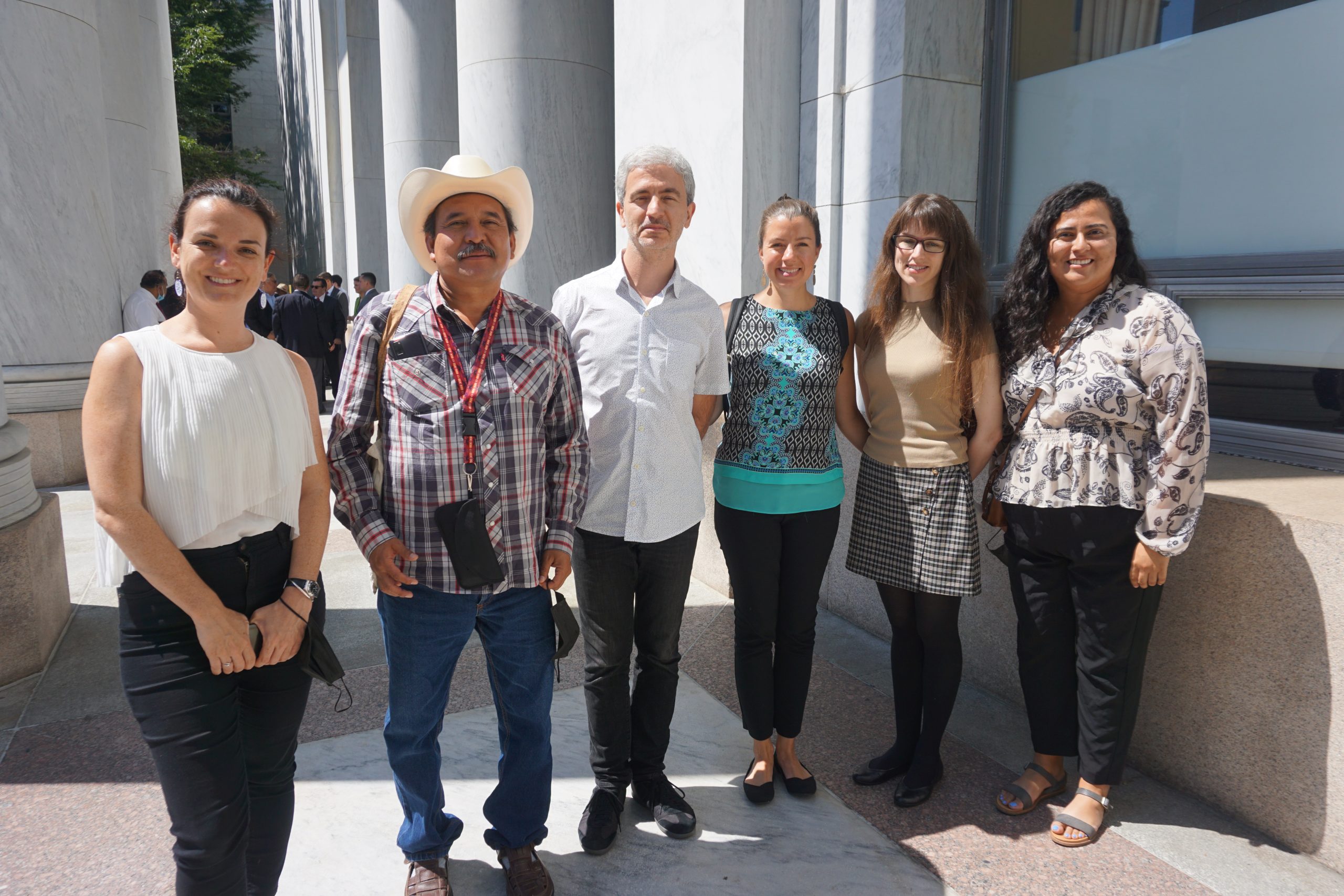

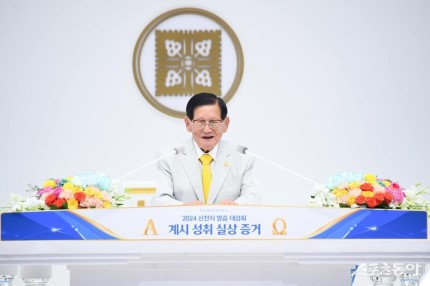
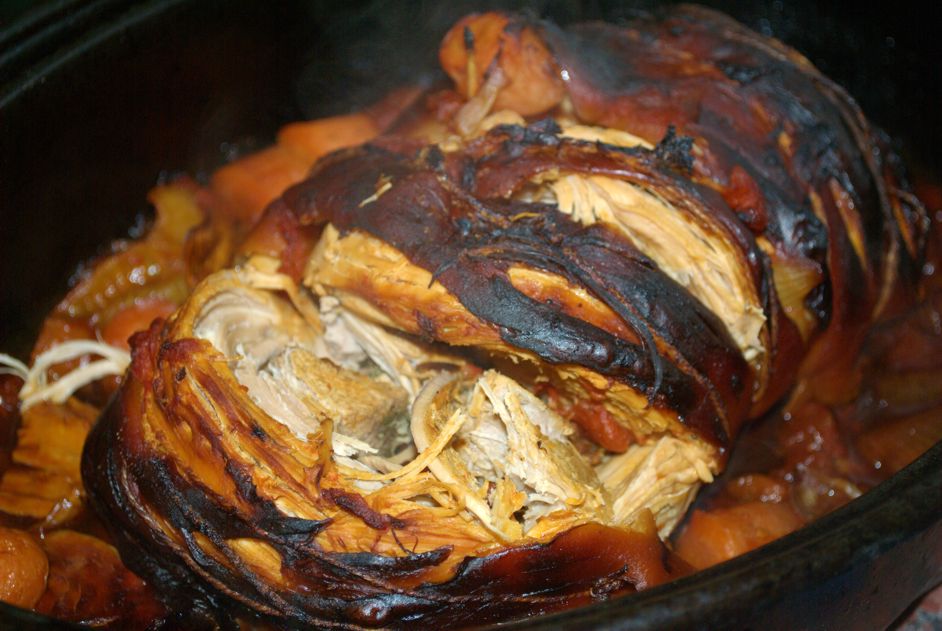



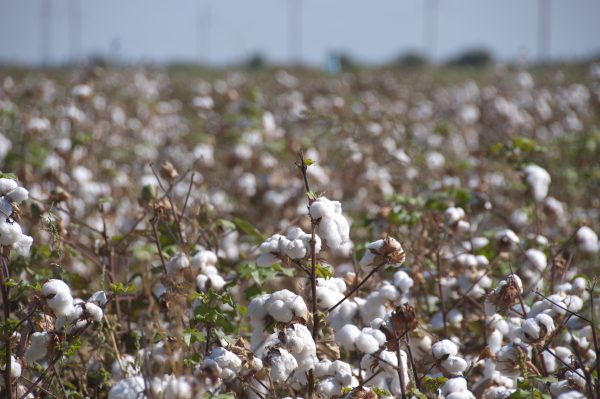
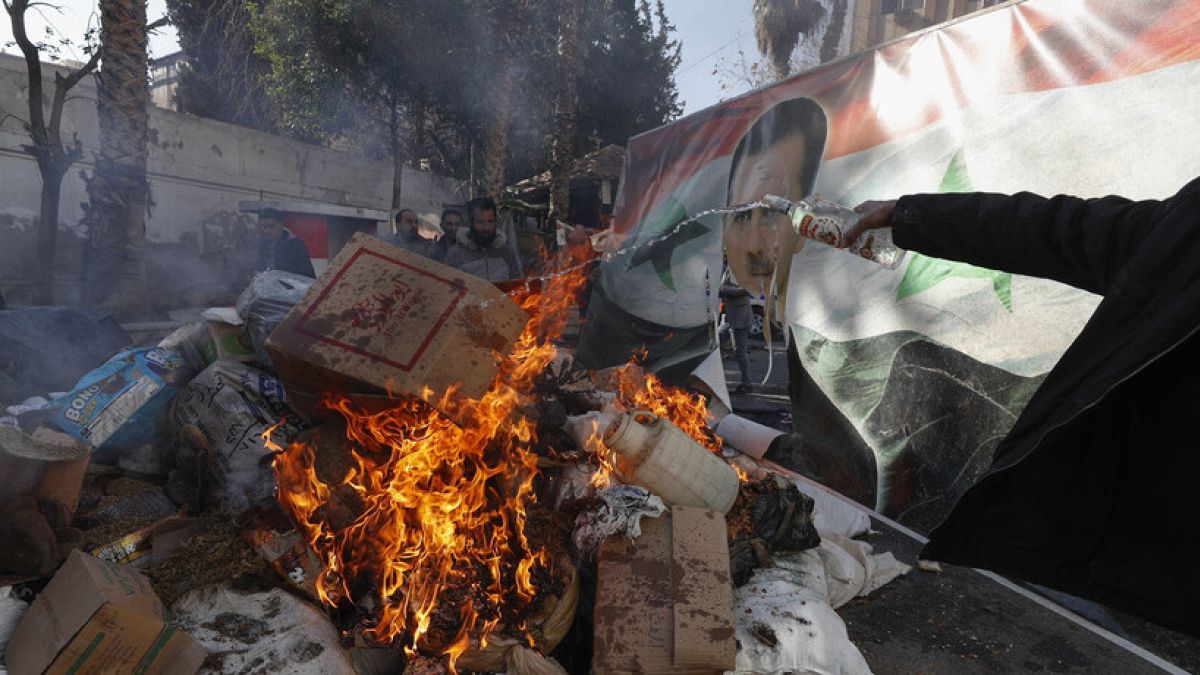


Discussion about this post